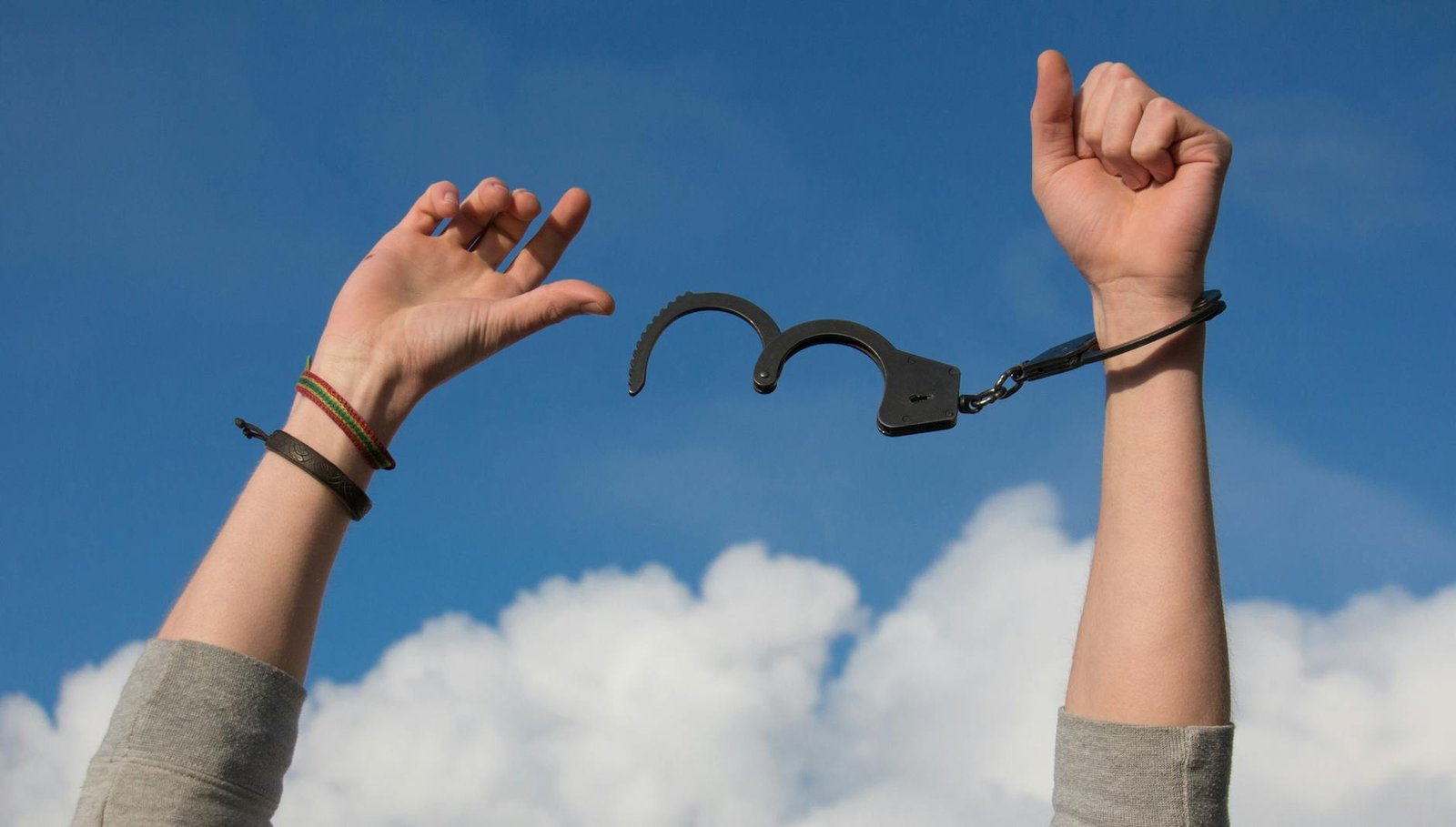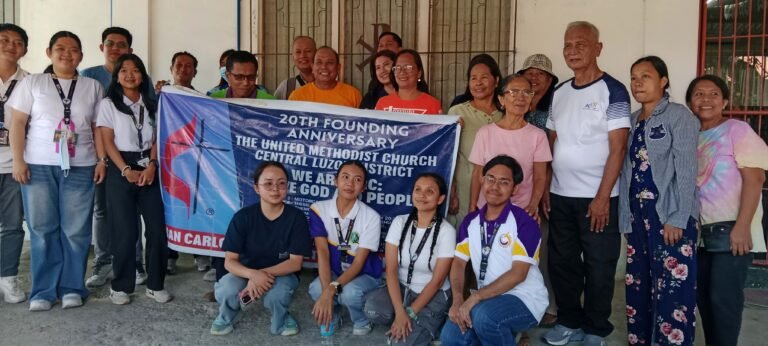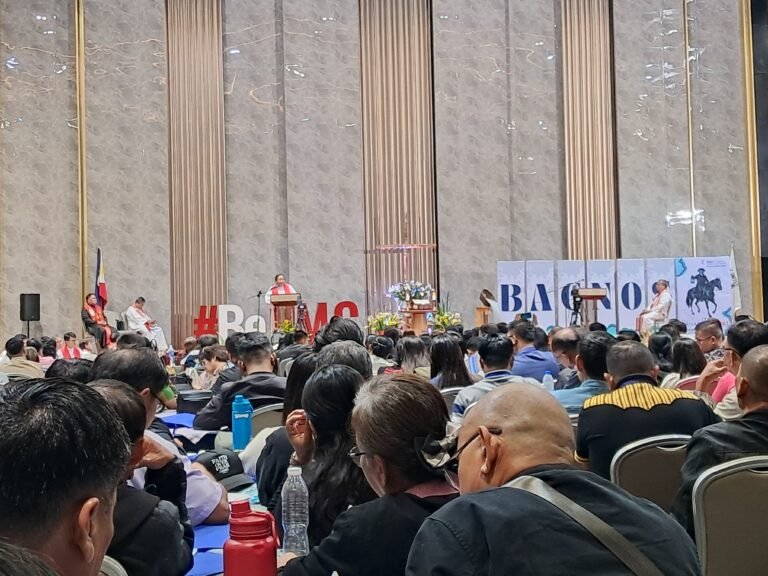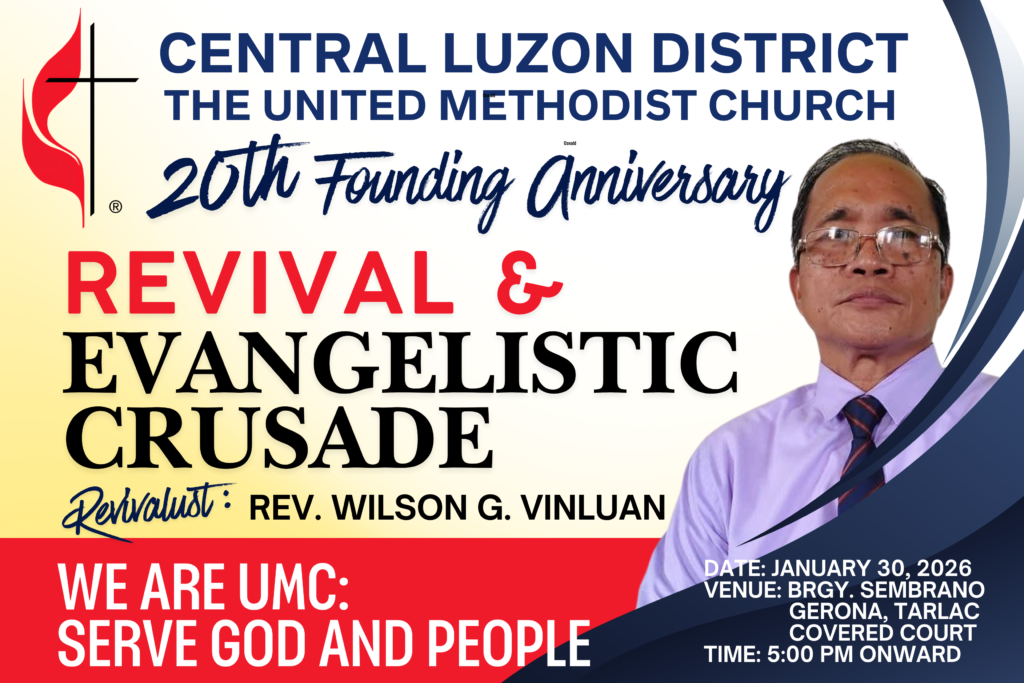
Photo by Pixabay on <a href="https://www.pexels.com/photo/low-section-of-man-against-sky-247851/" rel="nofollow">Pexels.com</a>
Scripture Reading:
2 Corinthians 1:8–10 (NRSV)
“We do not want you to be unaware, brothers and sisters, of the affliction we experienced in Asia; for we were so utterly, unbearably crushed that we despaired of life itself. Indeed, we felt that we had received the sentence of death so that we would rely not on ourselves but on God who raises the dead. He who rescued us from so deadly a peril will continue to rescue us; on him we have set our hope that he will rescue us again.”
Introduction
Paul’s words in this passage are raw and real. He does not sugarcoat his suffering. He says he was “utterly, unbearably crushed” and even “despaired of life itself.” That’s a level of honesty we often avoid in church, yet it’s where true faith takes root — not in pretending life is fine, but in trusting God when life is falling apart.
What’s remarkable is that Paul frames his pain not as a sign of God’s absence, but as the very ground where God’s deliverance is experienced. And here, Paul testifies to three modes of deliverance that God works: past deliverance, present deliverance, and future deliverance.
- Past Deliverance — “He rescued us”
Paul recalls how God already rescued them from a deadly peril. This is the memory of grace.
In socio-theological terms, past deliverance becomes a communal testimony. In the early church, recalling God’s past acts was a way to strengthen collective faith, especially under persecution. Remembering the exodus, the resurrection, and personal rescues sustains hope.
In our communities today, testimonies of God’s faithfulness are not just private encouragements — they are public resources of hope for those still in the struggle. Remembering how God delivered us from debt, illness, oppression, or addiction becomes a catalyst for others to trust God in their crises.
Like Israel kept the Passover to remember God’s mighty hand, we need to tell and retell the stories of God’s deliverance in our lives — in the pulpit, in small groups, in family devotions.
- Present Deliverance — “He will continue to rescue us”
Paul’s faith is not trapped in nostalgia. He believes God’s hand is still active now.
Present deliverance means that God’s saving work is ongoing — not just a historical event but a lived reality. The resurrection power that raised Christ is the same power at work in us daily.
This is crucial for marginalized communities facing systemic injustice. It is not enough to say “God worked in the past” — oppressed people need to know God is working now. For Paul, present deliverance was not only spiritual but also involved real-life interventions — protection from danger, provision in need, strengthening under pressure.
Our prayers should not only thank God for what He has done but also claim His intervention in today’s needs. Faith becomes practical when we trust God for daily bread, daily strength, and daily protection.
- Future Deliverance — “On Him we have set our hope that He will rescue us again”
Paul ends with expectation. God delivered us before, God is delivering us now, and God will deliver us again.
Future deliverance is rooted in eschatological hope — the ultimate rescue when God will wipe away every tear, and justice will roll down like waters (Rev. 21:4; Amos 5:24). For Paul, hope is not wishful thinking; it’s anchored in the God who raises the dead.
For communities suffering long-term oppression, hope in future deliverance empowers perseverance and nonviolent resistance. It is hope that refuses to let injustice have the last word. Future hope fuels present action.
We must live with the tension of the “already” and the “not yet.” God’s kingdom is breaking in now, but the full deliverance is yet to come. This hope keeps us from giving up when battles drag on.
Reflection and Challenge
Paul’s threefold experience of deliverance teaches us to:
a. Rmember past rescues to strengthen faith.
b. Recognize God’s hand in today’s struggles.
c. Rest in the hope of ultimate deliverance.
Socially, this means becoming a community of remembrance, intercession, and hope-sharing — especially with those who feel forgotten.
Closing Prayer
Lord, we thank You for the many ways You have delivered us — in the past, in the present, and in the days to come. Teach us to trust Your hand when we cannot see the way, to testify boldly about Your faithfulness, and to hold on to the hope that You will make all things new. Amen.
About The Author
Discover more from COMMUNICATIONS
Subscribe to get the latest posts sent to your email.







